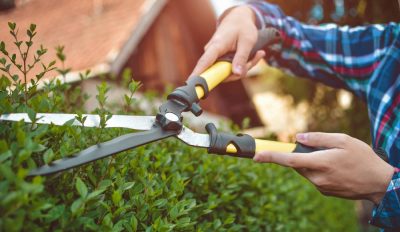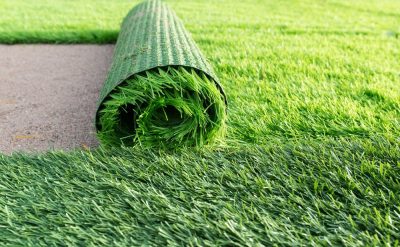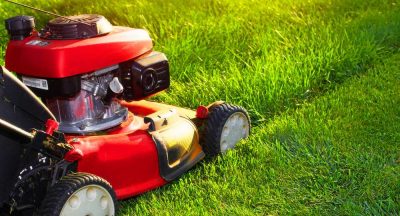- Oneflare /
- Cost Guides /
- Lawn

How much does a Lawn cost?
$20 - $100 per m2
What's on this page
- How Much Does a Lawn Cost?
- Natural vs Artificial Lawns
- Factors Impacting Lawn Costs
- Cost of Different Natural Lawns
- Lawn Costs Per Square Metre
- How to Create an Accurate Estimate
- FAQ
Read Related Lawn Articles
How Much Does a Lawn Cost?
If your grass isn’t looking as you remembered, you may start thinking about new natural turf or even artificial turf. Natural turf costs about $700 for a 60-square metre yard. Sir Walter turf cost per square metre is average at $10. Generally, the range is from $7 to $13 per square metre. On the other hand, synthetic turf prices may run as much as high as $1,100 for the same yard. Artificial turf prices per metre may cost between $50 to $100.
Lawn Costs in Australia
The cost of putting down a lawn will vary with the cost of labour. On the one hand, it may be easier to find help in busy urban areas. On the other, it may be much more expensive in Sydney than in a rural area. Another consideration, if you live in a remote area, is the availability of the turf you want. Shipping may add to your costs.
Natural vs Artificial Lawns
When choosing between natural and artificial lawns, the main question is to ask yourself is, why do you want the grass? For most, you and your family want to be on the lawn. This means you want it to feel good to your body. Occasionally, however, a yard is strictly for looks or for sports. Then you may consider artificial turf.
Natural
Natural lawns do require maintenance, but environmentally, they are still better than artificial ones. There are many varieties, and shoppers can get a match for their climate.
| Benefits | Disadvantages |
|
|
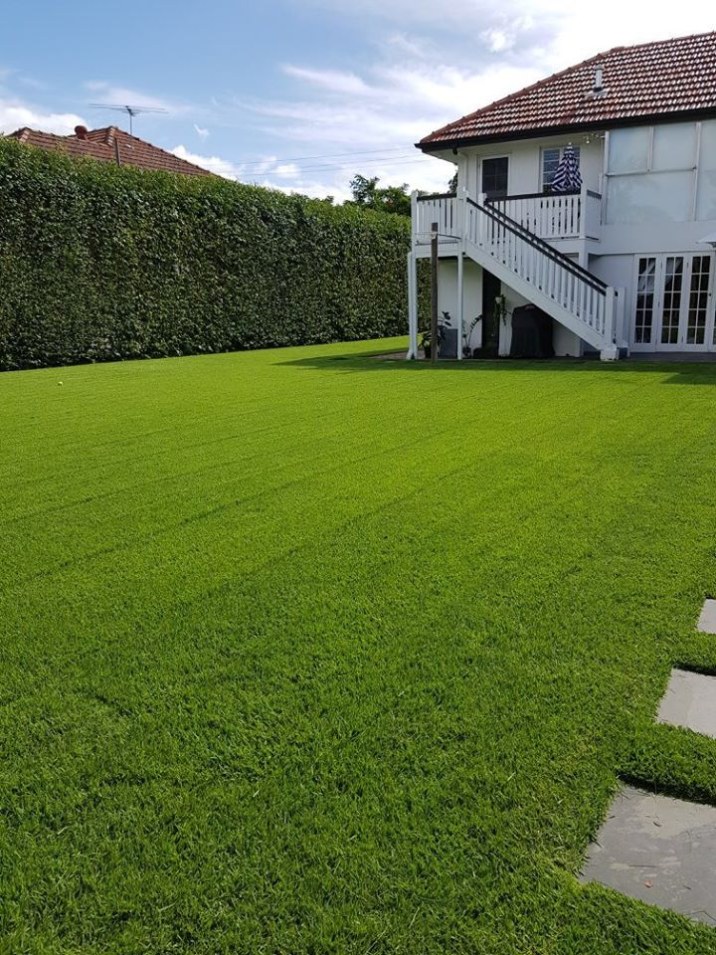
A freshly manicured lawn. | Source: JBS Landscaping
Artificial
These lawns can be made from many different materials, including recycling plastics or recycled tyres. While an artificial grass price is significantly higher, sellers can justify that by pointing out the long-lasting nature of an artificial lawn.
| Benefits | Disadvantages |
|
|
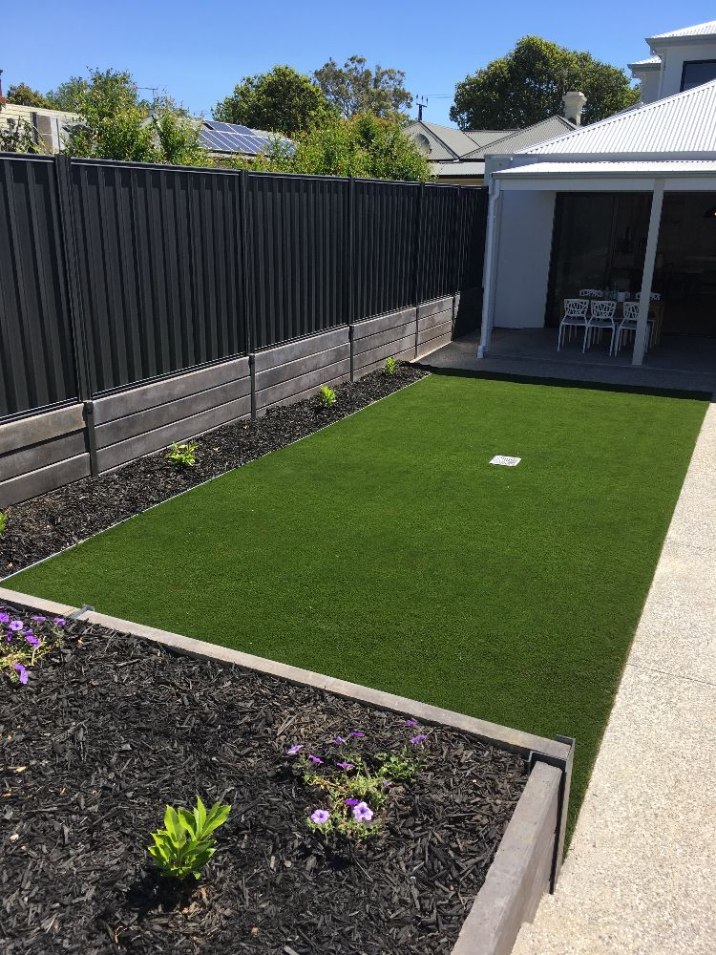
A strip of artificial turf. | Source: Rewind Landscapers
Factors Impacting the Cost of a Lawn
Type of grass used (real or artificial) – Preparation for a natural lawn will take more care than preparing for an artificial lawn. There are some primary considerations for both.
Preparation – To lay grass, the existing lawn will have to be removed. This can be done by hand or by using a product such as Roundup or Zero. Hoeing or tilling the soil to a depth of 100 mm is recommended for natural turf.
Size of project – A very small project may cost as much as a medium-sized lawn. A large project may allow you to buy grass at a slightly discounted rate, but it will be more expensive.
The complexity of design – If your yard is one big expanse, that’s easier to lay turf on. A complicated design with lots of plantings will require a more delicate touch and will be more time-consuming.
Price Estimates for Different Types of Natural Lawns
Before reading about the different prices of natural lawns, let’s understand the different types of turf options and why the pricing differs from one type to another.
| Types of Natural Turf | Details |
| Sir Walter | This soft leaf buffalo grass is often chosen for its resistance to drought, weeds, and disease. It is also shade tolerant and resists wear and tear fairly well. |
| Couch | Bred and designed for drought resistance, this tough grass doesn’t require much maintenance. The only drawback is for those in colder climes because it can discolour at temperatures below 5 degrees Celsius. |
| Kikuyu | Best for drought resistance, Kikuyu is set apart by its broad, coarse leaves. Advantages include drought resistance and easy recovery from damage or wear and tear. |
| Palmetto | Another soft leaf Buffalo type, this one is touted as a medium maintenance grass. Palmetto is often chosen because it grows fast. It stands up well to drought and shade. |
| Sapphire | For shaded areas, this variety of buffalo turf has a softer, lusher growth. It can also be used in areas of direct sunlight. |
| Matilda | Similar to Sapphire, this is another lush buffalo grass that’s good for shaded areas. |
| Empire | More costly, Empire Zoysia turf earns its keep by being tough, requiring minimal maintenance and withstanding drought. Although soft to touch, it is fine in full sun as well as shade. |
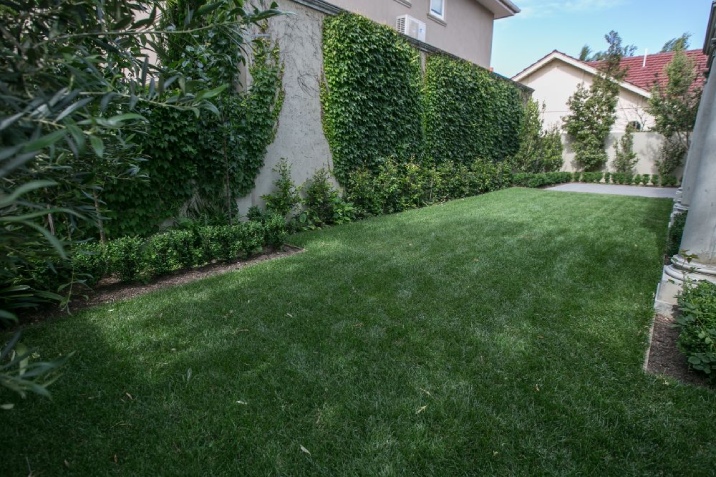
Large grassed area in a backyard. | Source: Moxeys Landscapes & Gardens
Price Estimates for Lawn Costs Per Square Metre
Natural Grass Costs Per Square Metre
Below are popular types of natural turf that are used within Australia.
| Types of Natural Turf | Cost per m² | Cost per 50m² | Cost per 80m² |
| Sir Walter Turf Price | $11 | $550 | $880 |
| Couch Turf Price | $8 | $400 | $640 |
| Kikuyu Grass Price | $8 | $400 | $640 |
| Palmetto Price | $11 | $550 | $880 |
| Sapphire Buffalo Turf Price | $11 | $550 | $880 |
| Matilda Buffalo Turf Price | $11 | $550 | $880 |
| Empire Zoysia Turf Price | $12 | $600 | $960 |
Artificial Lawn Costs Per Square Metre
When you are looking at artificial lawns, you may find one in nylon, synthetic, polypropylene or polyethene. The Astroturf cost cannot be the only consideration. You want to find one that will look good in the area where you are using it. There is a range of green shades, and some have a mix of light brown to simulate a bit of dead grass among the green. Even though it is artificial, you should still choose a grass that grows in your area. This will ensure that it looks more natural. There are also harder and softer artificial lawns for you to choose from.
Synthetic grass can start about $50 to $75 per square metre for standard quality. Prices can rise up to $75 to $100 for premium choice. Read more about artificial grass prices here.
How to Create an Accurate Estimate
- Get several estimates for turf
- Get several estimates for labour
- Ask about preparation costs
- Ask if there is a delivery fee
- Ask about care and maintenance
- Find out about warranties for product and service
Licencing and Qualifications
There are no requirements specifically for laying turf. However, you should ask about business licenses and landscaping licenses. You want someone who has years of experience.
How to Save Money Hiring a Lawn Installer
- Shop around for the best quotes on both the turf and the labour.
- Don’t take the first bid that comes along.
- Ask friends for recommendations about your turf choices to make sure it is a good fit for your yard.
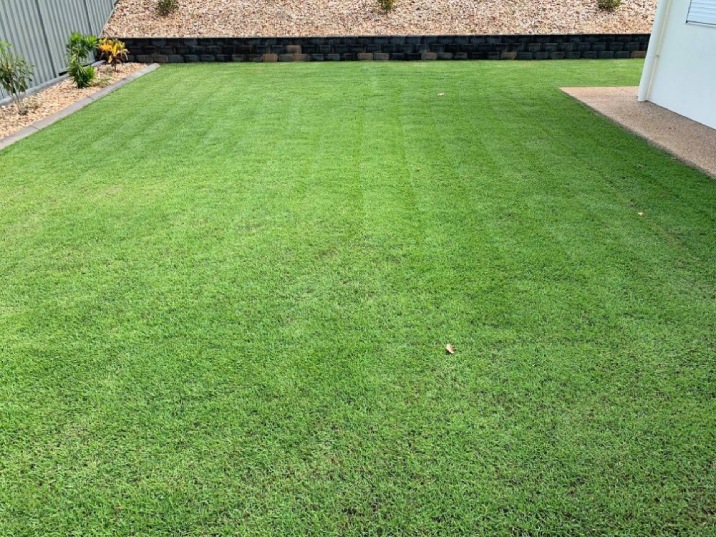
Freshly mowed grass in a large backyard. | Source: Ballantyne Services
Frequently Asked Questions
Which turf is best for home values?
Natural turf is more likely to increase your home value. One estimate shows that increases home prices by 16 per cent.
Should you lay the turf yourself?
It is certainly possible to do this yourself. However, you need to be confident that you can handle every aspect. You don’t want to spend money on the grass that dies quickly. You won’t have any warranties to fall back on.
How long can turf last before it is planted?
Generally, you don’t want the turf to sit for longer than 24 hours. In colder months, you may be able to go up to two days, but no longer.
* The cost data is based on Oneflare and third-party sources
